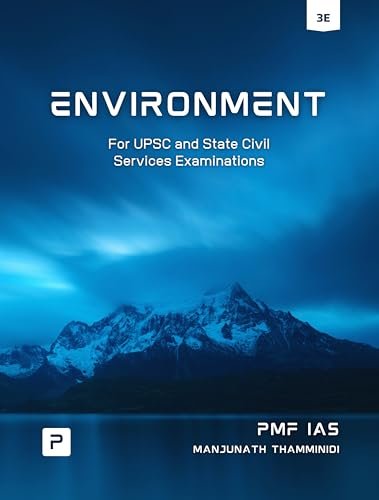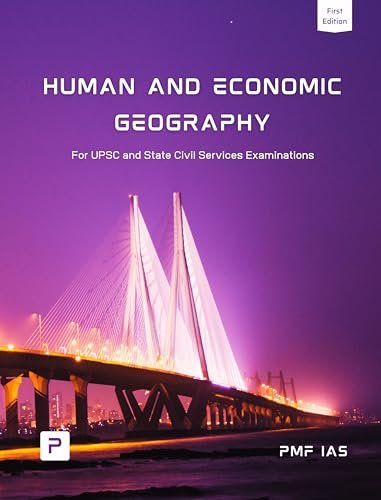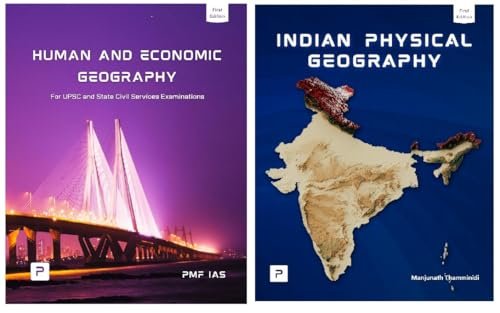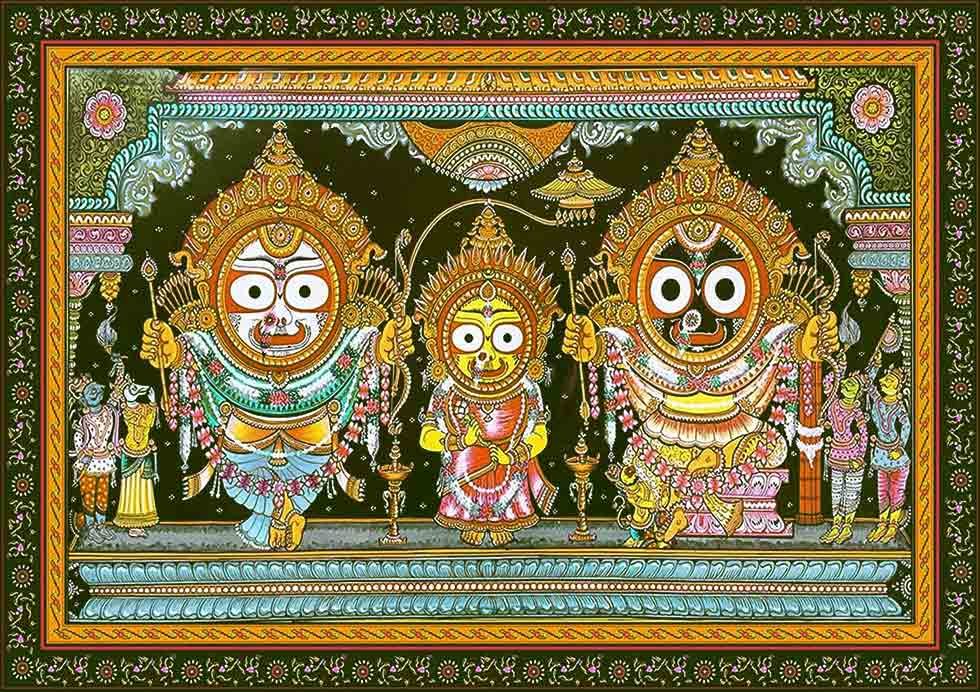
Identity Politics in India
Subscribers of "Current Affairs" course can Download Daily Current Affairs in PDF/DOC
Subscribe to Never Miss an Important Update! Assured Discounts on New Products!
Must Join PMF IAS Telegram Channel & PMF IAS History Telegram Channel
- Context (IE): There had been a renewed focus on identity politics by the main parties during the election campaign.
What is Identity Politics?
- Identity politics refers to the tendency for individuals who share a specific racial, religious, ethnic, social, or cultural identity to create exclusive political coalitions in order to further their own interests independent of those of a broader political group.
- Identity politics transcend all bounds of the political imaginary, challenging all ingrained preconceptions as well as the significance of race, caste, class, and sexual preferences.
- The central idea behind identity politics is that people who share a common identity face similar experiences of discrimination & oppression, and thus need to band together to fight against those forces.
Identity Politics in India
- In India, the notion of identity politics is rooted in the violent history of Partition and the demand for separate electorates for religious and caste identities.
- Further, the State is seen as an active contributor to identity politics through the creation and maintenance of state structures that define and recognise people in terms of certain identities.
Drivers of identity politics in India
Language
- After Independence in India, the political movements for the creation of new states developed on linguistic lines of identity. For e.g., the formation of Andhra state in 1953.
- As language becomes an important premise on which group identities are organised, it establishes the conditions for defining the ‘in-group’ and ‘out-group’ and a continuous driver for ‘identity’ in India.
Caste
- The origin of confrontational identity politics based on caste is said to have its origin on the issue of providing the oppressed caste groups with state support in the form of protective discrimination.
- Caste based identity has been further reinforced by the emergence of political consciousness institutionalised by the caste-based political parties that profess to uphold and protect the interests of specific identities, including the castes.
- For e.g. lower caste dominated Bahujan Samaj Party or Samajwadi Party.
- It has resulted not only in the empowerment of newly emerging groups but also in increasing the intensity of confrontational politics, possibly leading to a growing crisis of governability.
Religion
- India is a multi-religious country with a majority of Hindus (80%), followed by Muslims (14%), Christians (2 %), Sikhs (1.7%), Buddhists (0.7%), Jains (0.37%), and others (0.9%).
- Indian history is replete with inter-religious conflicts due to the use of religion and its identity for partisan advantage, becoming a major challenge for India’s secular social fabric and democratic polity.
Gender
- Gender in relation to identity politics connotes the struggle of identification for the presence and a demand for being respected and treated equally on par with other genders. For e.g. feminist movements and the gay liberation movements
- These are intended to fight against the atrocities and towards the removal of certain social evils like child marriage, non-access to education, ill-treatment, etc., and to gain equal remuneration of work, social, economic and political rights as well.
Impact of Identity Politics
On Polity
- Formation of coalition government based on identity and ideology (UPA, NDA).
- Rise of dominant political parties. (BJP, Communist Parties etc.).
- Rise of regional and state parties. (BSP, Shiv Sena etc.).
- Impacts on neighbouring countries. (Impact of Tamil identity politics on India – Sri Lanka relations.)
- Led to vote bank politics, where political parties focus mainly on the needs of particular social groups.
On Society
Positive
- Increase in political awareness among marginalised and weaker sections of society.
- Better representation to socially discriminated classes and minorities through legal measures such as reservation.
Negative
- Sowed the seeds of hatred and enmity among different sections of society based on castes, religion, etc., resulting in clashes & riots disturbing the communal harmony and the secular nature of the nation.
- Created limited or narrow-minded views of the citizens and political parties, which makes them intolerant towards other communities.
- Responsible for divisive tendencies and fuelling separatist tendencies (Naga insurgency, Khalistan movement, Coorg demand for a separate state, etc.), posing threat to the unity & integrity of the nation.







![PMF IAS Environment for UPSC 2022-23 [paperback] PMF IAS [Nov 30, 2021]…](http://pmfias.b-cdn.net/wp-content/uploads/2024/04/pmfiasenvironmentforupsc2022-23paperbackpmfiasnov302021.jpg)











